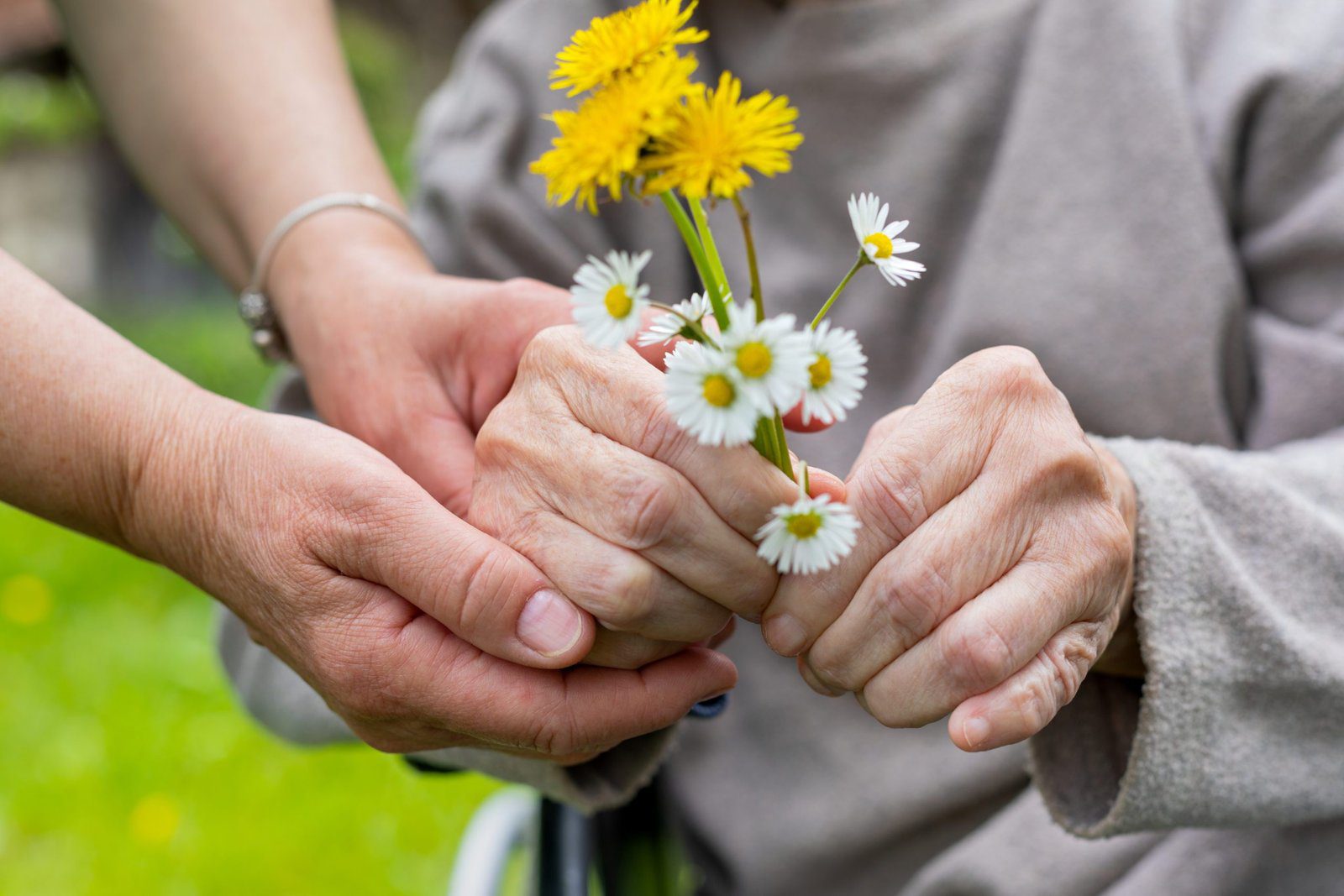This is the third chapter in a series focusing on my mother’s journey into dementia and includes details of that deterioration. These descriptions are distasteful, but in every example, I purposely and severely understated the true picture of what was occurring. I cite these incidents for the sole purpose of helping readers make informed decisions about their own loved ones.
These are the areas that became particularly alarming and began to prod me in the direction of seeking assisted living for my mother, which I put into motion long before she knew it.
Before I continue, allow me to explain why I pursued the course of action I did, while I watched my mother decline. 1) All my grandparents died young, and I had no firsthand experience observing the progress of dementia; 2) my mother had an excellent support system where she was—attentive neighbors, a supportive church family, longtime friends nearby who spent time with her, picked her up for church activities and eating out, including one friend who often spent the night; 3) I was brought up to honor my parents, which included respecting their wishes and never disputing their word.
Beyond all this, my advisers—I had sought out several by this time—encouraged me to allow her to stay in her home as long as possible. Some of these were geriatric professionals. Some were daughters who had been through the same experiences with their mothers.
The state of Nana’s house began to worsen, deteriorating from just being dusty and having unemptied trash cans to: spoiled fruit [with bugs] in bowls on the table, unrinsed cat food cans in the sink [she intended to “recycle,” but never did], boxes, bottles, cans [both empty and unopened], stacked on the stove and every inch of the counters. The refrigerator was in a deplorable condition, but again, “throwing anything out” was an affront.
Eventually, I began minimal efforts to clean covertly; for instance, replacing the throw rug by the front door—matted, stained, debris-covered—with a new slip-proof mat. When she noticed the rug was gone [it had to be disposed of, there being no way to render it usable and safe any longer], and asked when I was bringing it back, I said it had to be washed. Every conversation following included the “brown rug” and when it would be returned.
Her personal appearance began to deteriorate. She would often wear the same clothes, food spattered, for days on end. Once when I picked up her for a doctor appointment, though I had reminded her to bathe, and she had assured me she had, I had to hand her a baby wipe to clean under her arms. She was mortified that I had noticed, but it was better for me to address it in private in the car, than take her into the office in that state.
Even more worrisome was her alarming thinness. Nana had always been obsessed with weight: hers and everyone else’s, even total strangers. As her aging resulted in a loss of appetite and interest in food began to slacken, she viewed this as a plus, often bragging, “I just don’t get hungry.” And while overweight in the elderly is a perilous proposition, underweight and low blood sugar can be equally dangerous. I always knew when she had not eaten since she got up. She was even more irrational than normal.
Our daily conversations began with my asking if she had eaten. Often I would make her hang up the phone and tell her to make her “protein shake” [she had her own special recipe]. She would call back later. I would ask if she had had her shake. She had made it and it was still sitting on the counter or the ingredients were in the blender, but she had not turned it on. Food made a huge difference. Once she ate, she became more lucid.
She had used a cane for years. These became a fashion statement: selecting canes to match outfits. But as with everything else, she began to lose and misplace them. So I made sure—according to her request—that she had half a dozen [this is not an exaggeration] to leave propped in corners in several rooms of the house. The problem was they were all color coordinated to her “outfits,” so even if she could find the blue one, she needed the pink one to match her blouse.
In spite of the canes, which she was careful to use, she began to fall. The living room, dining room, and hall were hardwood floors and this became a potential minefield. She would sometimes call to report she had fallen and then explain how she had stood up. Due to her excellent physical health and the many years she had gone to the gym [well into her ‘80’s,] she was still fairly agile for her age, and sustained no injuries. So, I chose to allow her to stay in the familiar surroundings of her own home, as I had been advised to do.
To some degree, she was still enjoying life. She often called to talk about her yard, what was in the newspaper, what she was watching on television. She loved her evening ritual of watching Wheel of Fortune and Jeopardy. And, as I have mentioned, she was still enjoying the company of friends.
All these signs—the state of her house, her own personal hygiene and health, and the eventual falls worried me to no end.
But: “Honor thy father and mother.”
However, the time comes when “honoring” means facing facts and doing what is best, even if it means the parent views your actions as offensive.
That time arrived January 2018, the beginning of what we eventually called: “The Year of Nana.”




Thank you for your continued honesty! I really do appreciate it.